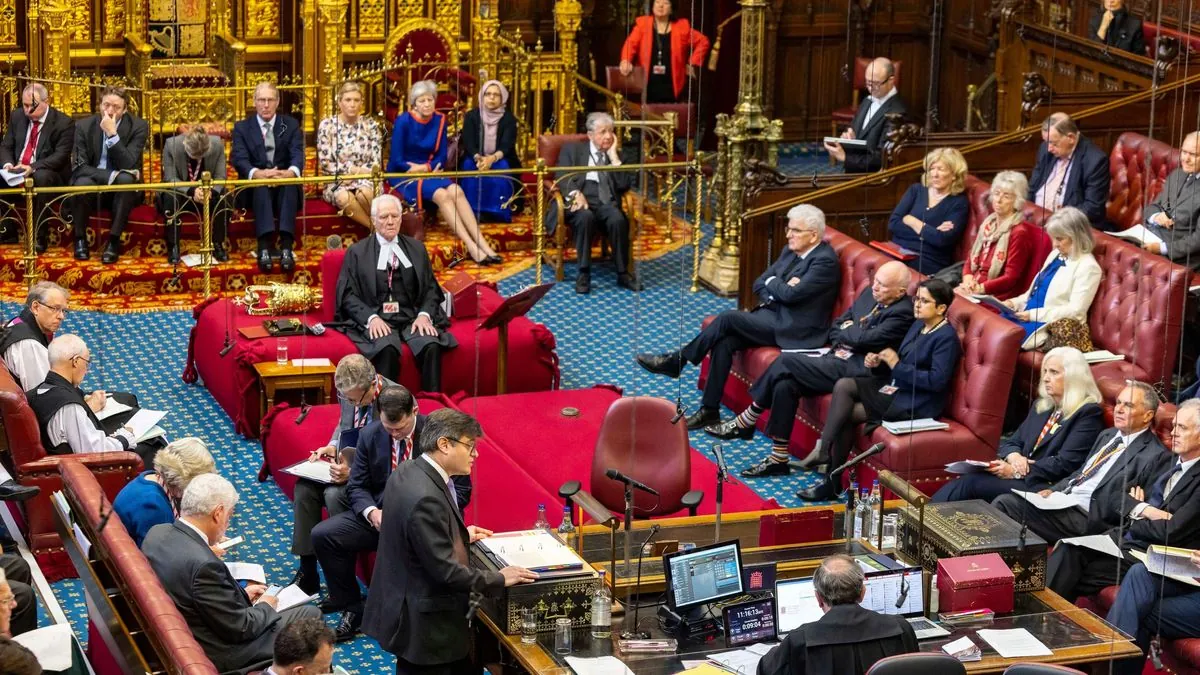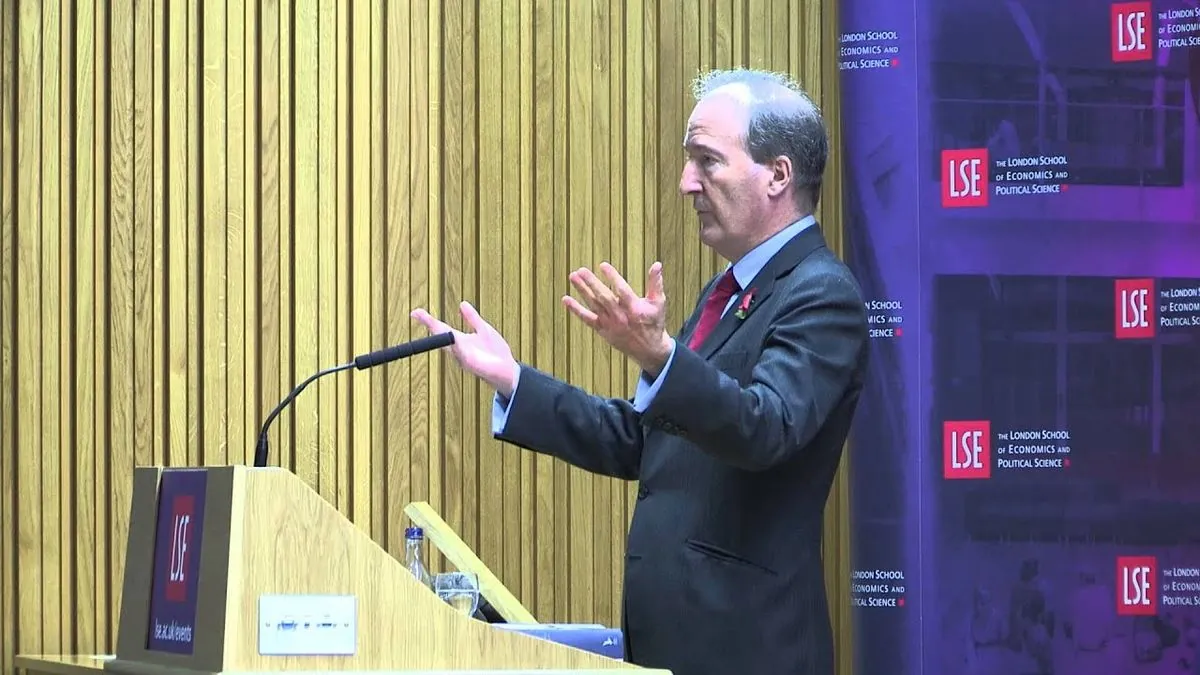Labour Mulls Transparency Boost for House of Lords Appointments
Labour considers publishing justifications for new peerages to increase transparency and public confidence. The move follows recent controversies surrounding appointments to the House of Lords.

The Labour Party is contemplating a significant change in the process of appointing new peers to the House of Lords. Under consideration is a plan to publish justifications for each new peerage, aiming to enhance transparency and public trust in the system.
This potential reform comes in response to recent controversies surrounding peerage appointments. The House of Lords, the second-largest legislative chamber globally after China's National People's Congress, has faced scrutiny over its appointment process and composition.
One proposed idea involves providing explanations for new peerages, similar to the practice for other honours like CBEs and MBEs. Another suggestion is to disclose the full rationale behind appointments, which is currently determined behind closed doors.
These changes are being explored to address public concerns about the creation of new peers. The House of Lords, with approximately 800 members, plays a crucial role in scrutinizing and revising legislation, despite its members not being elected by the public.
Recent years have seen controversy over appointments, particularly under Conservative governments. Critics have questioned the elevation of major donors and inner circle members to the upper chamber, where they can influence laws for life. A notable example was Boris Johnson's 2022 resignation honours list, which included peerages for two young aides, sparking debate about the appropriateness of such appointments.
Sir Keir Starmer, the Prime Minister, has previously expressed support for abolishing the House of Lords, describing it as "undemocratic" and "indefensible". However, this position did not feature in Labour's manifesto for the July 2024 general election. The government currently views total abolition as a potential "second term" ambition.

Baroness Smith, the leader of the House of Lords and a long-serving Labour frontbencher, has been tasked with broader reforms of the upper chamber. Her responsibilities include new legislation to abolish hereditary peers, who inherit their titles. This move aligns with the historical trend of reducing hereditary influence in the Lords, following the House of Lords Act 1999 which removed the right of most hereditary peers to sit in the House.
The Labour Party has a history of advocating for reform or abolition of the House of Lords. However, any changes to the appointment process, including the introduction of citations for new peers, may not be implemented immediately. The timeline for these potential reforms remains unclear, and they may not be in place for the expected appointment of new Labour peers in the coming months.
As debates continue, the House of Lords remains a unique institution in British politics. Its members, who receive a daily allowance but no salary for attending sessions, contribute to the legislative process through their power to delay, though not ultimately block, most legislation. The ongoing discussions about reform reflect the complex balance between tradition and modernization in the UK's parliamentary system.
"The House of Lords is undemocratic and indefensible."
This potential reform of the peerage appointment process represents a step towards addressing long-standing concerns about transparency and accountability in one of the world's oldest parliamentary institutions. As the Labour government navigates these changes, the future shape of the House of Lords remains a topic of significant public and political interest.


































